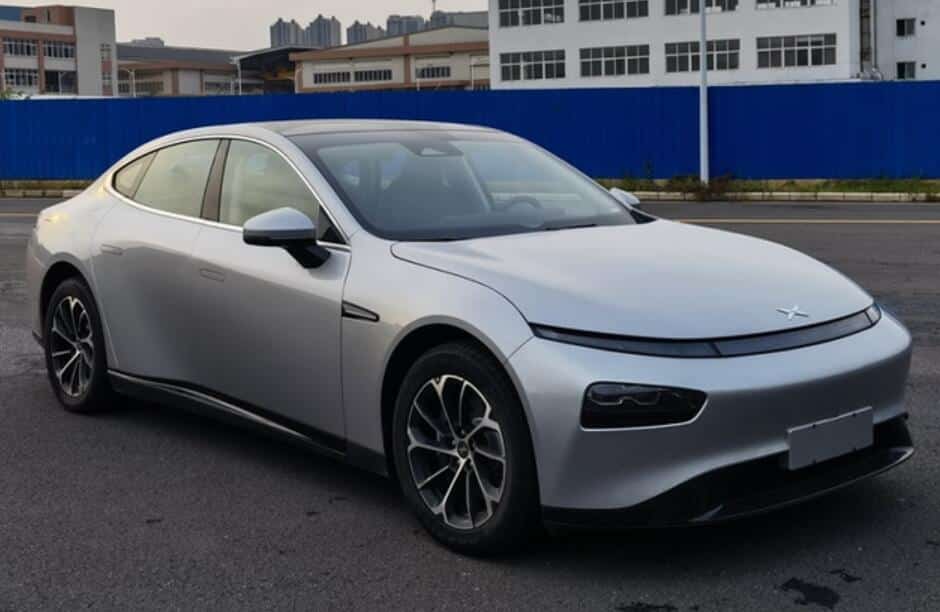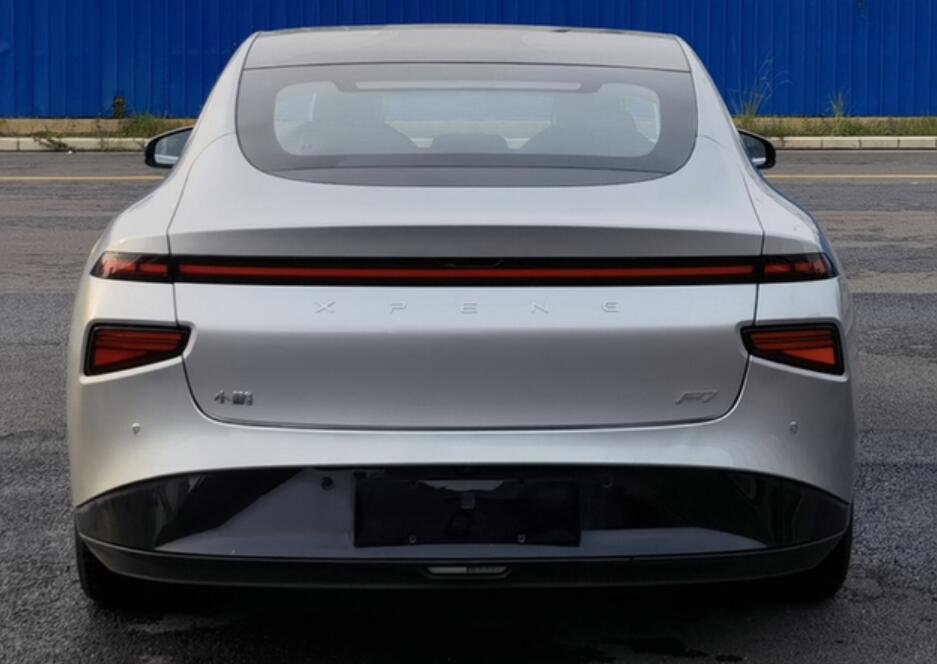The dual-motor version of Xpeng Motors' flagship sedan P7, the highest-spec version of the model, will soon have a lithium iron phosphate (LFP) version, according to its registration information from the Ministry of Industry and Information Technology.
The new version features an LFP battery from CATL, and the maximum power of the front motor is increased to the same 196 kilowatts as the rear motor, instead of the original 120 kilowatts.

The current dual-motor model of the P7 uses a ternary lithium battery with a combined NEDC range of 562km and is priced from RMB 339,900 ($52,431) to RMB 409,900. It uses twin motors with 120 kW at the front and 196 kW at the rear.
The company said in March that it would release the P7 sedan and G3 SUV with lithium iron phosphate batteries, a move that brings the range down but also the price.
Deliveries of the P7 with lithium iron phosphate batteries began in May, pushing the company's overall deliveries to a record high.
Xpeng delivered 3,797 P7 sedans in May, the highest monthly delivery record since mass deliveries in July 2020.
Xpeng previously said that the P7 with lithium iron phosphate batteries has seen strong demand since its launch in March this year. Deliveries of the model began in May, with deliveries for the month up 27 percent from April.
The latest figures show that Xpeng delivered 8,040 vehicles in July, its highest monthly delivery record and a 228 percent increase from the previous year. 6,054 units of the P7 were delivered in July, the highest monthly record since its launch.
The advantages of lithium iron phosphate batteries include high operating voltage, high energy density, long cycle life, good safety, low self-discharge rate, and no memory effect.
Lithium iron phosphate battery is gradually replaced by ternary lithium batteries around 2015 because of the low energy density, superimposed on China's policy reasons.
However, in recent years, lithium iron phosphate battery technology has gained progress, the safety brought by the stability of the battery and lower cost and other characteristics, but also by more and more car companies to adopt.
Tesla Model 3 Standard Range Plus and Model Y Standard Range currently use CATL's lithium iron phosphate batteries. CATL will supply power cells for Tesla until 2025, according to an agreement renewed by the two sides in June.
